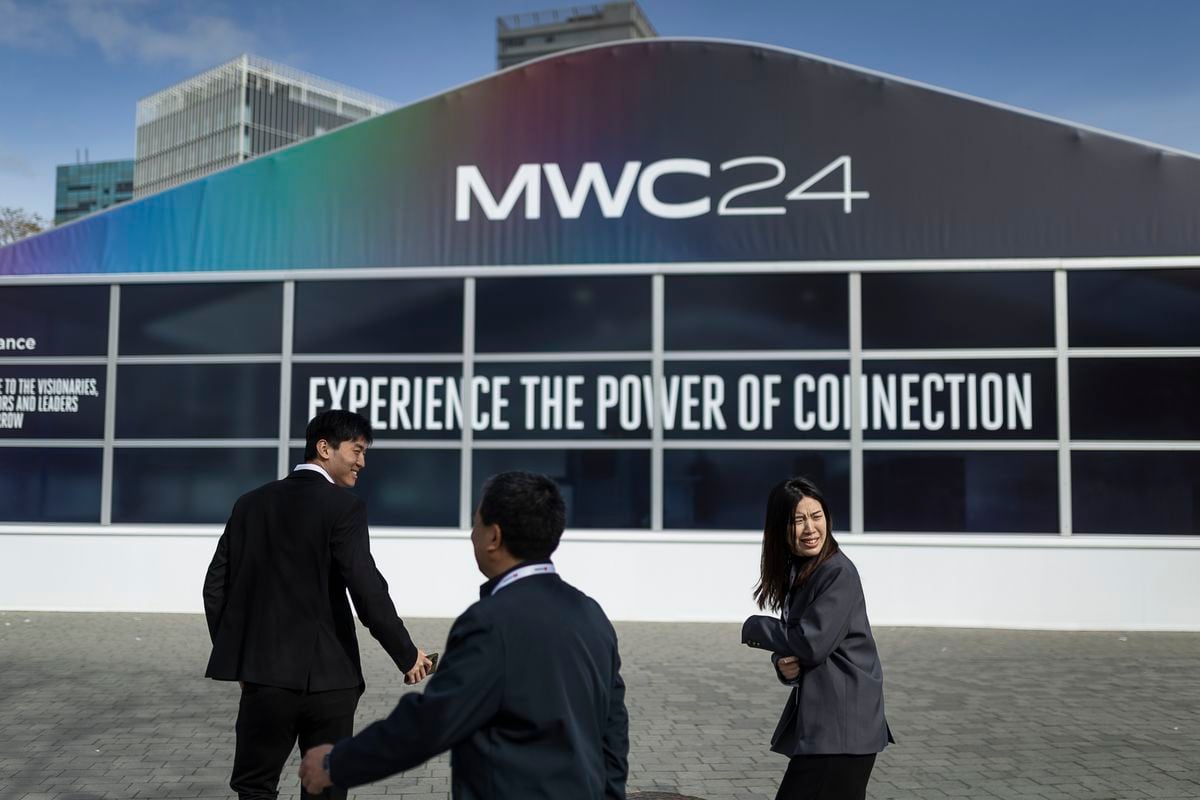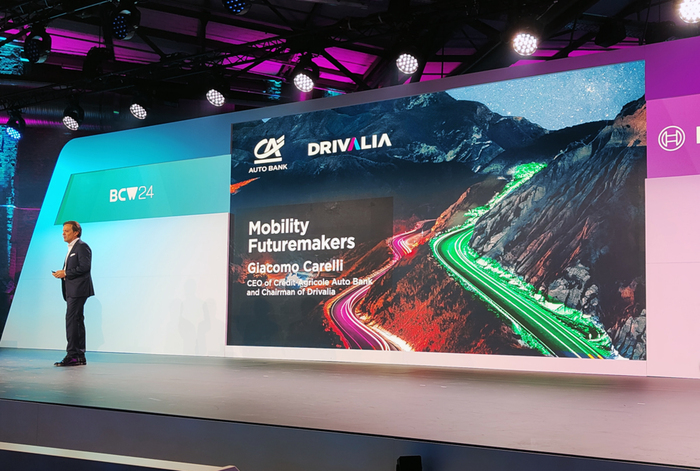Enlarge image
Fully automatic S-Bahn trains are now running on the S21 route in Hamburg.
Photo: Marcus Brandt / dpa
As of Monday, passengers in Hamburg have had the opportunity to take the first digitally controlled S-Bahn.
At the start of the ITS World Congress for Mobility and Logistics, the CEO of Deutsche Bahn, Richard Lutz, and the new CEO of the technology group Siemens, Roland Busch, together with the Hamburg Mayor Peter Tschentscher, started a highly automated S-Bahn for the first time.
This is a first in Germany.
more on the subject
How the train can get better: "Berlin-Munich is technically possible in just under three hours" An interview by Felix Wadewitz
The digitally controlled cars are to commute through the Hanseatic city on a specially equipped route between the Berliner Tor and Bergedorf / Aumühle stations.
No one has to sit in the driver's cab to start, accelerate, brake or stop.
The trains were converted for automatic operation.
The project is part of the “Digital Rail Germany” project, with which Deutsche Bahn intends to bring its infrastructure into the digital age by the next decade.
A highly automated S-Bahn operation allows, according to the representation of the railway, a significantly tighter vehicle cycle on the rails.
This has two additional advantages: lower energy consumption and lower operating costs.
According to Siemens boss Busch, it is a "blueprint for the digitization of the railways in Germany, Europe and around the world".
It doesn't work completely without people
The software controls much more precisely with the help of sensors and computers.
A train could come to a stop on the platform with an accuracy of one centimeter, which saves a little time every time, said engineer Michael Peter von Siemens in an interview with SPIEGEL.
In addition, the tracks run at shorter intervals because computers are more foresighted than humans.
However, drivers would still be needed to monitor the system on board.
The "Digital S-Bahn Hamburg" project is financed with around 60 million euros in equal parts by Hamburg, Deutsche Bahn and Siemens.
In the future, it is to be extended to the entire S-Bahn network of the Hanseatic city.
Across Germany, a large number of local and long-distance trains and routes could be upgraded in a similar way in the coming years.
A congress for intelligent transport systems
At the ITS World Congress, the Hanseatic city wants to present itself as a worldwide showcase for intelligent transport systems by Friday.
"ITS" stands for "Intelligent Transport Systems".
The congress is given to different cities every year.
Experts in traffic, logistics and digitization will discuss what commercial and private traffic could look like under the auspices of the climate crisis and increasing demands for mobility.
Around 400 exhibitors from all over the world show ideas and solutions for all aspects of intelligent transport systems.
These include the autonomously driving minibuses that are already on the move in Hafencity, a pilot project for the autonomous transport of shiploads to the container terminal, and cars that are parked independently in the multi-storey car park.
vki / dpa














